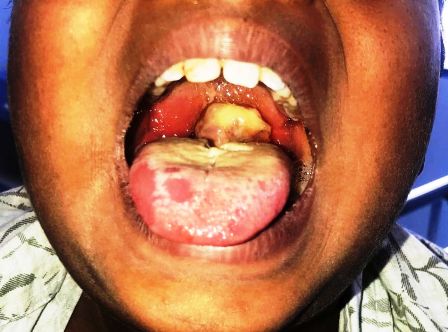Dr Faisal Shu’aib, Executive Director, National Primary Health Care Development Agency (NPHCDA), says over 80 per cent of children who died of diphtheria or admitted in hospitals never received routine childhood immunisations.
The NPHCDA boss said this after inspecting the Diphtheria Treatment Centre at the Murtala Muhammad Specialist Hospital, Kano on Wednesday.
He, therefore, urged parents to ensure that their children are up to date with their vaccines, and appealed to caregivers to pay attention to personal and environmental hygiene and avoid crowded rooms.
He said: “I implore every parent/caregiver to take proactive measures to protect their loved ones. Immunisation is the most effective safeguard against diphtheria.”
He also advised individuals at higher risk of contracting diphtheria to get vaccinated immediately, as he encouraged citizens to be patient, saying the country would rise above the challenges presented by the disease.
He added that “we are using the crisis to strengthen the country’s health care system.”
The executive director acknowledged that there are gaps in public knowledge about vaccinations, but reassured that inoculations would not be mandatory, taking into account some public concerns.
She said “diptheria has had significant impact on Nigeria, with more than 14,000 reported cases of the disease. The states are primarily responsible for 97 per cent of cases in Kano, Katsina, Borno, Yobe, and Jigawa.”
He, however, expressed satisfaction with the commitment of the state governments toward improving the quality of healthcare.
Shu’aib took the opportunity to clarify that diphtheria is not related to COVID-19, explaining that “diphtheria is caused by bacteria, while COVID-19 is caused by virus.”
Diphtheria is a bacterial infection caused by the corynebacterium species that affect the nose, throat and sometimes, skin of an individual.
Some symptoms of diphtheria include fever, runny nose, sore throat, cough, red eyes, neck swelling and difficulty in breathing. (NAN)

